News
-
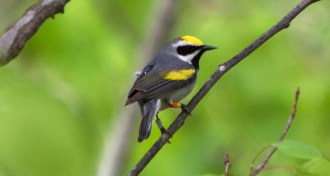 Animals
AnimalsLucky break documents warbler tornado warning
Warblers fitted with data collecting devices for other reasons reveal early and extreme measures when dodging April’s tornado outbreak.
By Susan Milius -
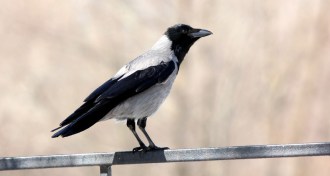 Animals
AnimalsCrows may be able to make analogies
Crows with little training pass a lab test for analogical reasoning that requires matching similar or different icons.
By Susan Milius -
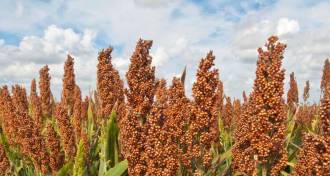 Agriculture
AgricultureRestoring crop genes to wild form may make plants more resilient
Restoring wild genes could make plants more resilient in tough environments.
-
 Oceans
OceansAlcatraz escapees could have made it safely to shore
Detailed simulations of the San Francisco Bay suggest that three prisoners who escaped from the prison on Alcatraz Island in 1962 could have made it safely to shore.
-
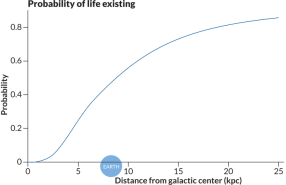 Astronomy
AstronomyGamma-ray bursts may repeatedly wipe out life
Brief bursts of high-energy radiation may sterilize most planets across the universe, hampering the chances for widespread intelligent life.
By Andrew Grant -
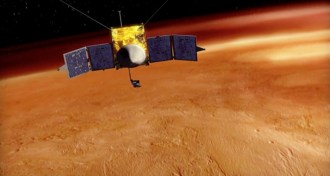 Planetary Science
Planetary ScienceSolar wind probably leaches Mars’ lower atmosphere
Initial results from NASA's MAVEN probe may help explain how Mars has lost its atmosphere: The solar wind penetrates the Red Planet’s atmosphere and fuels escaping gas.
-
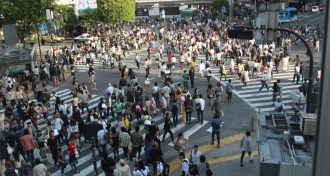 Math
MathMath to match pedestrian behavior is all about timing
The best-ever simulation of pedestrians moving through a crowd relies on a new formula that encapsulates people’s ability to anticipate collisions.
By Andrew Grant -
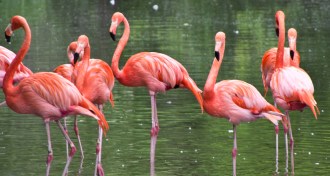 Life
LifeNew tree of life confirms strange history of birds
A genetic analysis supports some odd groupings in the bird tree of life, showing a lot of convergent evolution in avian history.
By Susan Milius -
 Earth
EarthMega volcanism indicted in dinosaur demise
Precision dating strengthens idea that climate-altering Deccan volcanism contributed to dinosaur extinction.
-
 Health & Medicine
Health & MedicineGene variant linked to robust flu vaccine response
Targeting an immune signaling protein called interleukin-28B might boost protection generated by flu shots.
By Nathan Seppa -
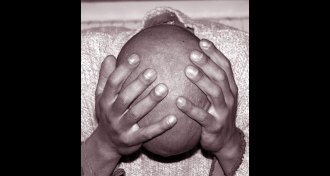 Health & Medicine
Health & MedicineHallucinated voices’ attitudes vary with culture
Culture puts good or bad spin on voices heard by people with schizophrenia.
By Bruce Bower -
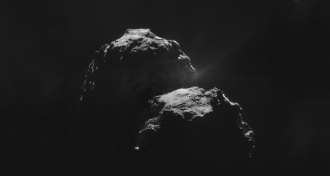 Planetary Science
Planetary ScienceRosetta casts doubt on comets as Earth’s water providers
Water in comet 67P’s thin, hazy atmosphere doesn’t chemically match Earth’s oceans, suggesting that asteroids, not comets, brought water to the planet.